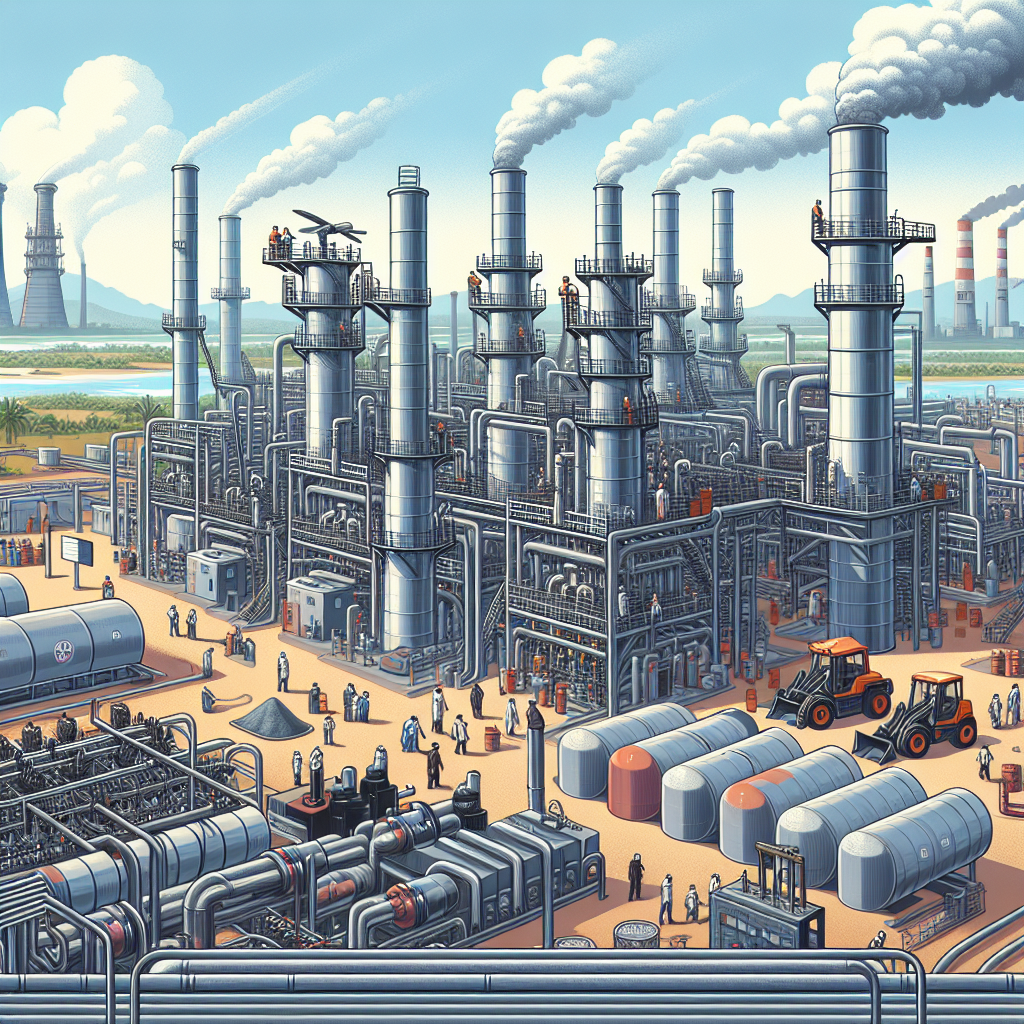Nigeria's Growing Hunger Crisis: Economic Turmoil Fuels Food Insecurity
Nigeria is amid a severe hunger crisis, projected to affect over 30 million people by next year. Economic challenges, worsened by President Tinubu's reforms, have significantly driven up inflation, living costs, and food prices. Floods and insecurity further exacerbate the situation, impacting agricultural productivity.

Nigeria is battling one of its most severe hunger crises, with estimates suggesting that over 30 million people will face food insecurity next year. This alarming projection marks a one-third increase from the current year due to ongoing economic hardships, according to a report by the Nigerian government and the United Nations released on Friday.
As Africa's most populous nation, Nigeria is grappling with soaring living costs which sparked deadly protests in August. President Bola Tinubu's implementation of austerity measures, such as devaluing the naira and ending a longstanding petrol subsidy, has exacerbated the economic turmoil, further inflating prices.
Compounding the crisis, the northern regions experienced devastating floods, destroying 1.6 million hectares of crops, significantly impacting key cereal crops like maize, sorghum, and rice. The financial implications of this agricultural setback are severe, with losses approximating $1 billion, highlighting the urgent need for comprehensive intervention.
(With inputs from agencies.)
ALSO READ
India Faces Surge in Imported Inflation Amid Rising Gold Imports
Sterling Faces Pressure Amid Inflation and Rate Cut Speculation
Yellen Criticizes Trump's Economic Policies Amid Inflation Concerns
ECB Rate Cuts Stir Euro Zone Bond Yields Amid Inflation Concerns
ECB Cuts Spark Eurozone Yield Rise Amid Inflation Concerns










